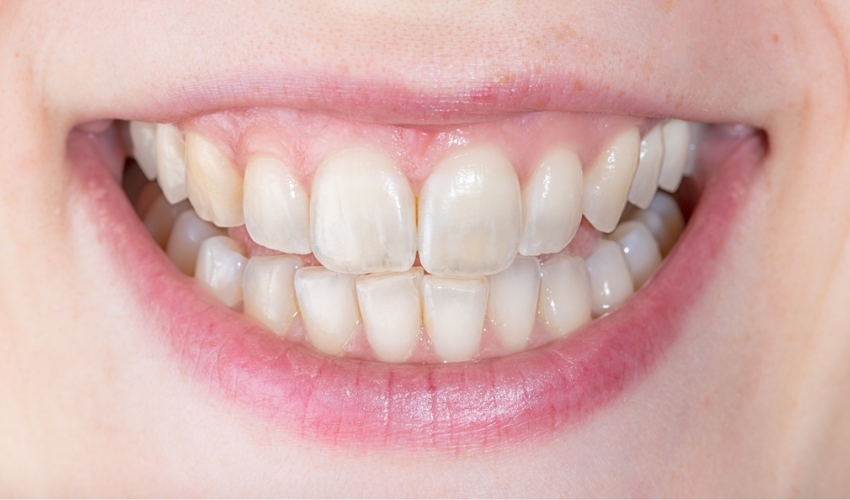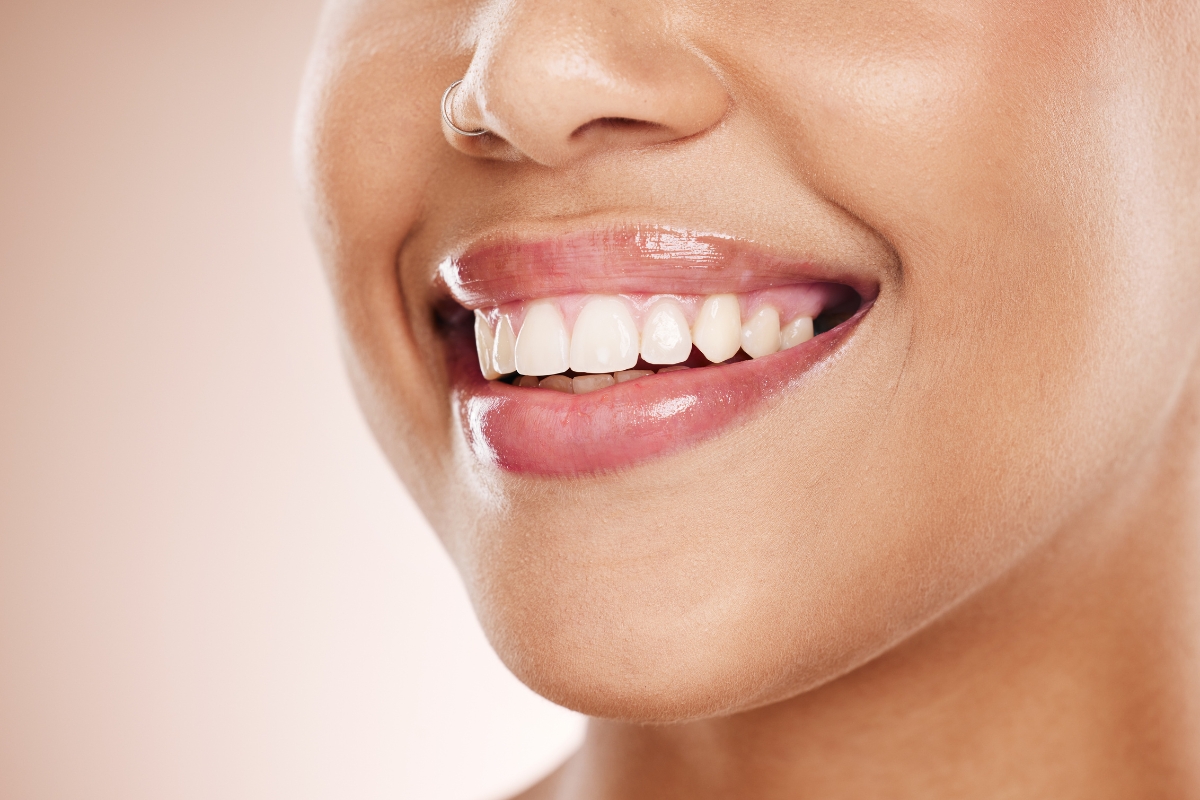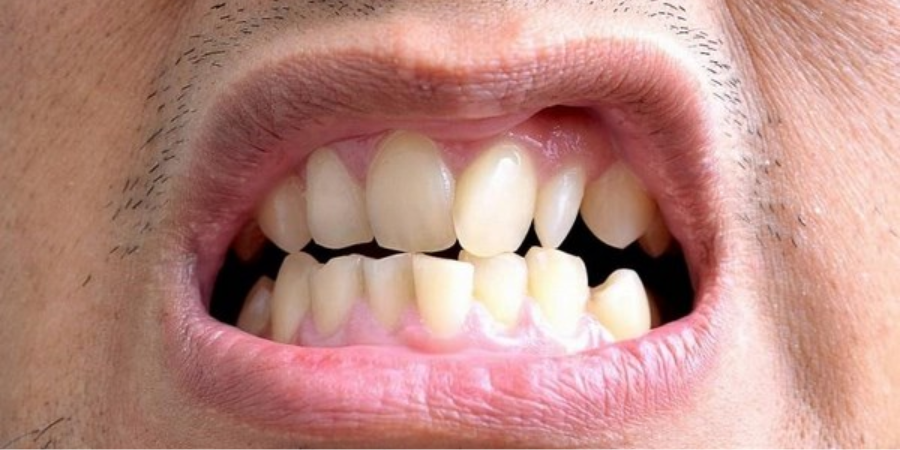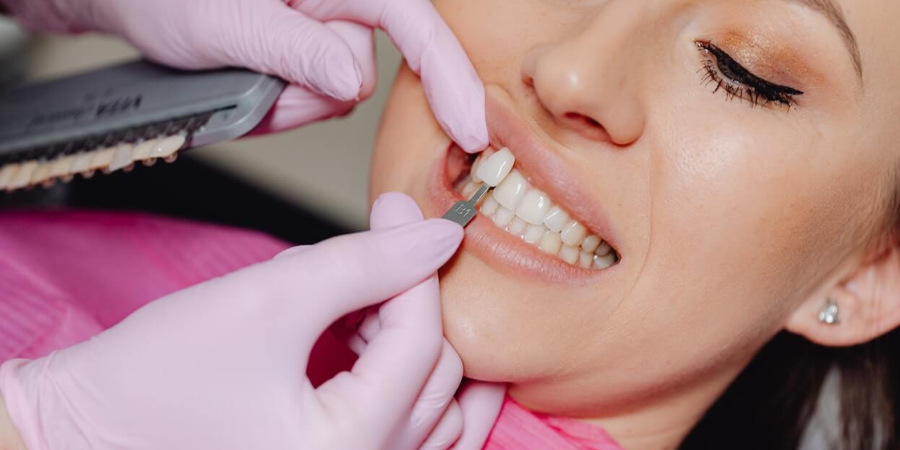
Teeth whitening is a very popular and effective method for correcting discolored teeth and getting back your bright smile. Professional treatments and in-house techniques – both give a brighter and whiter smile.
However, one concern is common. Does teeth whitening damage enamel?
Enamel is an important part of your oral health and protects your teeth. Hence, it is necessary to understand the effect of teeth whitening on enamel. In this blog, you will get more information on this.
What Is Tooth Enamel?
Before understanding the effects of whitening, let’s know what enamel is and why it matters.
- The outermost layer of your teeth is the enamel, and it acts as a shield against decay, sensitivity, and wear.
- Enamel is known to be the hardest substance in the human body, even stronger than your bone.
- There are no living cells in enamel, meaning once it is worn down or eroded, it cannot regenerate.
- Although your enamel is strong, it is still vulnerable to acidic foods, bacteria, and excessive whitening treatments.
How Whitening Affects Enamel?
Do you know exactly how a teeth whitening method affects the enamel of your teeth?
Teeth whitening treatments typically contain bleaching agents like hydrogen peroxide or carbamide peroxide to break down stains. But do these chemicals harm enamel? Let’s break it down:
- Doing whitening treatments will not physically strip away the enamel; instead, it penetrates the enamel’s surface to lift stains from within.
- The bleaching process might temporarily dehydrate the enamel and make your teeth more sensitive but not weaker.
- Some people might experience a loss of minerals, but that is temporary. Saliva helps restore these minerals naturally.
- However, using the whitening products in excess might lead to enamel damage over time.
It is always advised to consult a cosmetic dentist in Hesston, KS if you wish to whiten your teeth.
How to Protect Enamel During Whitening?
Well, the good news is that you can still whiten your teeth without causing any damage to enamel. How?
Choose professional treatments or dentist-approved products
- A professional cosmetic dentist will know what is the right amount of peroxide to be used.
- If you are going for at-home whitening methods, look for products with an ADA Seal of Acceptance to ensure safety.
Limit whitening frequency
- Teeth whitening at once every few months is okay. But do not indulge in excessive whitening.
- Avoid using whitening strips or gels every week or daily as it can overexpose the enamel to bleaching agents.
Use enamel-strengthening products
- Try fluoride toothpaste and mouthwash in your daily brushing. These products are good for remineralizing enamel and reducing the sensitivity.
- Consume more calcium-rich foods to aid in keeping enamel strong.
Stay hydrated and let saliva do its job
- Doing whitening can dry out enamel. So, drink plenty of water, it helps restore the moisture and necessary minerals.
- Saliva naturally neutralizes acids and strengthens enamel, so remember hydration is the key.
Avoid acidic and staining foods post-whitening
- Just after the whitening, the enamel is more porous and can easily absorb stains. So avoid coffee, wine, soda, and citrus fruits for at least 24-48 hours after the treatment.
Remember, teeth whitening is safe and effective, but only when done correctly. Consult with your cosmetic dentist, and do not overuse any whitening product. Use only dentist-approved substances on your teeth and stay hydrated.
Reach out to your nearby dental clinic for professional guidance.


